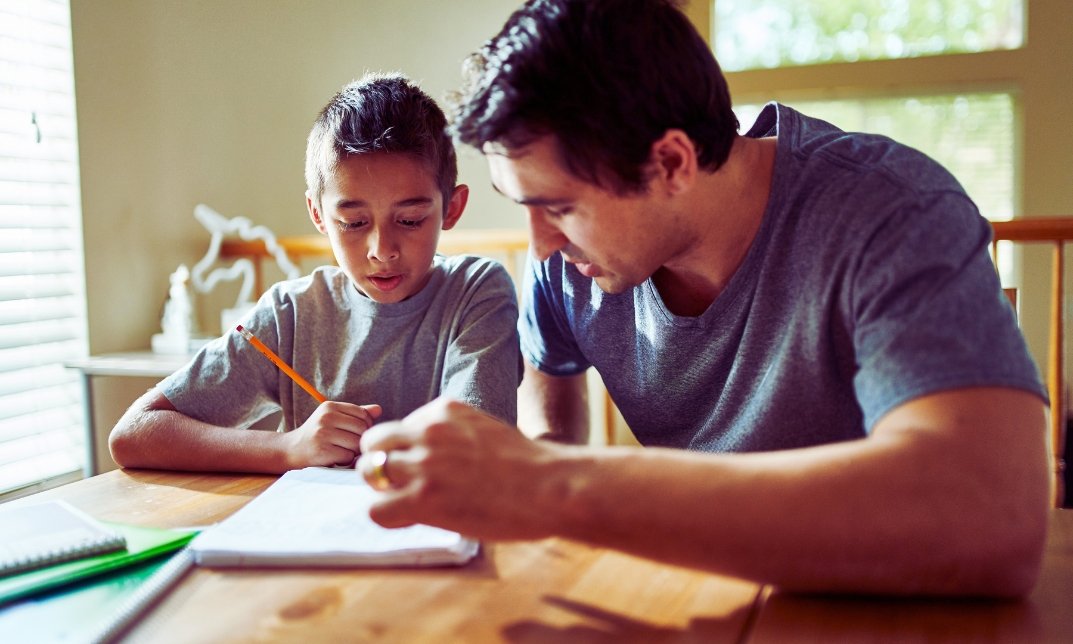No products in the cart.
Want to know how to be a great teaching assistant? You’re in the right place. This role is one of the most rewarding—and important—jobs in schools today. It goes beyond handing out worksheets or keeping children in line. At its core, it’s about connection—stepping in when a child struggles and being the person who lifts them back up.
In 2025, the best TAs do more than help. They guide. They lead small wins that turn into big changes. Whether you’re brand new or looking to grow, this guide will tell you about the skills and mindset you need to thrive.
Let’s break it all down. You’ll learn what good TAs do, what skills matter most, and how to grow in your job. We’ve added a checklist and a real-life story to inspire you.

What Does a Teaching Assistant Really Do Today?
Gone are the days when TAs only handed out pencils or cut paper. Today, a TA supports learning in real ways. You might work one-on-one with a pupil who struggles to focus. You might help a small group with reading. Or you might spot when a student feels down and lend a kind ear.
Keeping the class calm, focused, and safe is part of your role. You also update the teacher on the children’s progress and prepare the classroom for lessons, tidying up afterwards. Some days, you even take the lead in small lessons. Every day, your efforts make a meaningful difference.
How to Be a Good Teaching Assistant
Good TAs share some key traits. Here’s what helps you shine:
- Strong communication: You speak clearly. You listen well. You explain things in simple words.
- Patience and empathy: You stay calm when kids act out. You understand how they feel.
- Flexibility: Plans change fast. You go with the flow.
- Teamwork: You work closely with teachers. You support other staff too.
- Organisation: You keep track of tasks. You manage time well.
- A love for learning: You stay curious and eager to improve.
If you tick these boxes, you’re already on the right path.
✔Checklist: Do You Have What It Takes to Be a Great TA?
- Do you enjoy helping kids every day?
- Can you stay calm when things get loud?
- Do you listen more than you talk?
- Are you okay with doing many different tasks in one day?
- Do you want to keep learning and getting better?
If you said “yes” to most of these, keep reading.
How Can You Build Strong Relationships With Teachers?
The teacher is your teammate. You work together. So, how do you build that strong bond?
- Talk often. Even quick check-ins help.
- Be clear about what you can do.
- Offer help before being asked.
- Respect the teacher’s lead in class.
- Never correct the teacher in front of students.
Great teamwork helps kids learn better. It also makes your day smoother.
What Are the Best Behaviour Management Tips for TAs?
Kids push limits. That’s part of growing up. But you can guide them without shouting or punishing them all the time.
- Start with clear rules. Stick to them.
- Praise the good stuff. Catch them doing well.
- Stay calm. Even when they’re not.
- Move close to kids who may act out. A quiet glance can do wonders.
- Be fair. Don’t show favourites.
And remember: build strong relationships. Kids behave better than adults they trust.
How Do You Support Students With SEND Effectively?
Not all kids learn the same way. Some need extra help. That’s where you shine.
- Learn about different needs. Like autism, ADHD, or dyslexia.
- Break tasks into small steps.
- Let kids try first. Don’t do the work for them.
- Use tools like Makaton or visual aids.
- Stay patient. Progress can be slow—but it’s still progress.
And always talk to the teacher. You’re not alone.
Why Does Safeguarding Matter—and What Should You Know?
You are there to keep kids safe. That’s your number one job.
- Learn your school’s safeguarding rules.
- Watch for changes in kids. Sadness. Anger. Silence. These matter.
- Report what you see. Don’t wait. Don’t guess.
- Never promise to keep secrets.
- Keep a safe distance. Always stay professional.
The Designated Safeguarding Lead (DSL) is your go-to.
How Can You Keep Getting Better at Your Job?
You don’t need to know it all. But you should want to learn.
- Take free courses on mental health or SEND.
- Ask for feedback. Use it.
- Join staff training sessions.
- Read blogs, watch videos, or listen to teacher podcasts.
If you’re serious about how to be a good teaching assistant, staying curious is key. Every new skill helps you and the children.
Can You Grow Your Career Beyond the TA Role?
Yes, you can! Here’s how:
- Get training to become a Higher Level Teaching Assistant (HLTA).
- Explore teacher training if you want to lead your own class.
- Study part-time. Many online degrees now support TAs.
Talk to your school about support. Many will help you find the right next step.
Case Study of an Inspiring TA Journey
Sarah began as a lunch helper at a school in Manchester. She enjoyed working with children but wasn’t sure how to take the next step. So, she started volunteering in the classroom, asked questions, and took every free course she could find. Her dedication didn’t go unnoticed—soon, the school offered her a Teaching Assistant role. Later, she achieved HLTA (Higher Level Teaching Assistant) status. Today, Sarah leads phonics groups and supports Year 3 full-time.
Her advice? “Don’t wait to be perfect. Just be present. Show you care. Kids will feel it.”
Final Thoughts
Being a Teaching Assistant is not just a job. It’s a chance to change lives. You don’t need to be loud, or the best at maths, or have loads of certificates. But you do need heart. You need care. And you need the drive to keep showing up. If you’ve been searching for how to be a good teaching assistant, this is your sign to start. You already took the first step by learning more.
Now, go out there and make a difference. The classroom needs you.
Ready to level up as a TA? Enrol in our online Teaching Assistant course today and start building the confidence, skills, and impact your students need.







